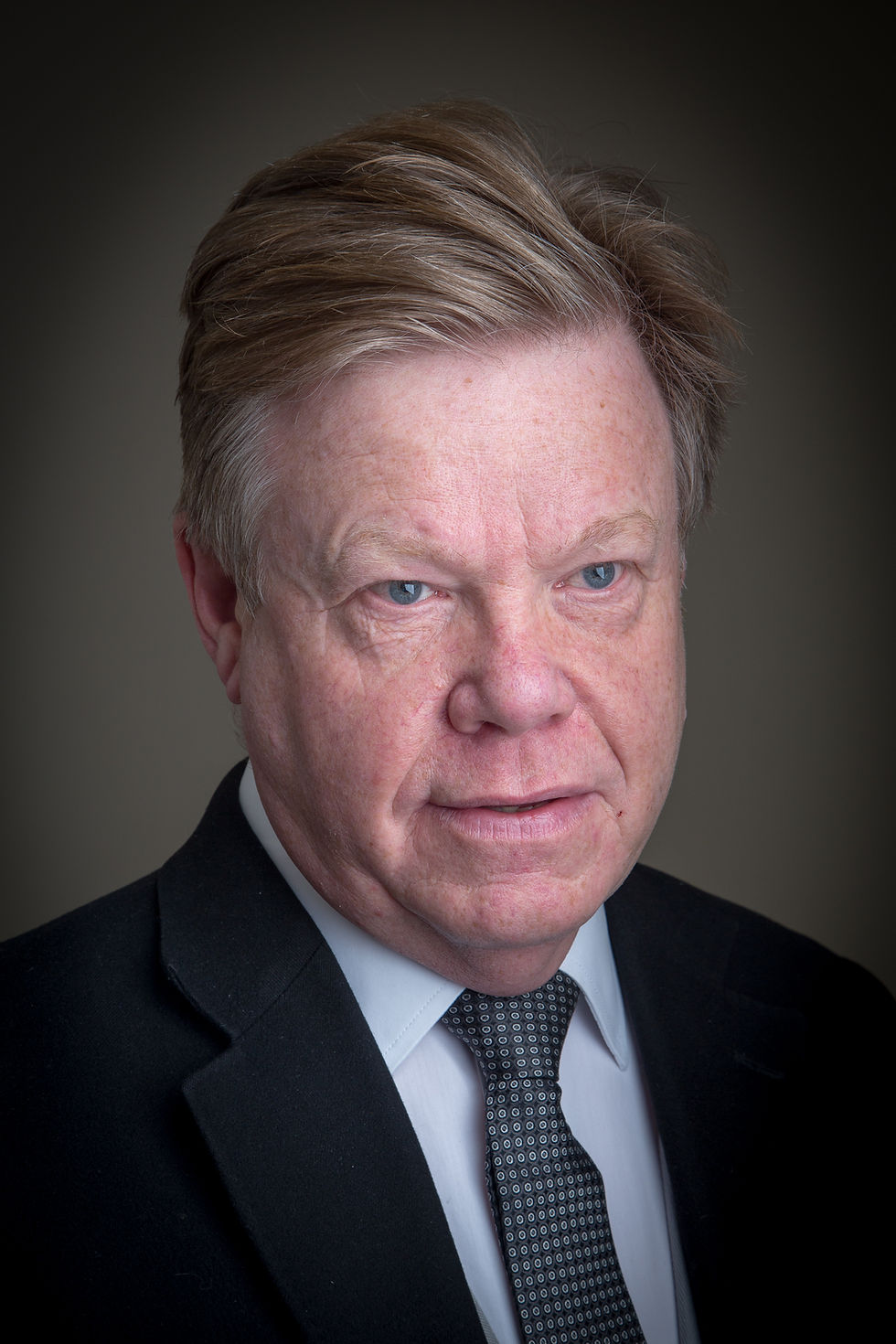Uses and phenomena of electrical energy
- robertbrown07
- Apr 14, 2020
- 3 min read
The first two (2) ‘blog’s’ of this series initially introduced the concept and rudiments of electrical energy, i.e. the standard unit of measurement of electrical energy, the kilo Watt hour (kWh, or kWhr. We then moved on to discuss the utilisation of electrical power with respect time (t), which we refer to as Dynamic Power.
In this blog we will consider fundamentally how electrical energy is ‘used’ within the domestic environment to provide facilities to aid everyday life.

Uses of electrical energy
In everyday life we use a plethora of electrical appliances for numerous conveniences , i.e.
· Cooling i.e. Air conditioner, fans,
· Lighting
· Environmental Heating i.e. Space heater,
· Food Heating and cooling, i.e. oven, hob, grill, kettle, fridge, freezer, wine cooler, coffee maker, coffee grinder, microwave
· Kitchen Utensils, i.e. mixer, blender, dish washer
· Environment cleaning, vacuum cleaner, power washer, clothes washer
· Personal appliances, i.e. Shaver, hair drier, hair curlers, sun bed
· Home entertainment, i.e. TV, HiFi,
· Home office, i.e. computer, monitor, modem
· Garden/Garage, i.e. grass cutter, hedge cutter, drills,
However, if we review each of the latter appliances I suggest that the fundamental use electrical energy can be categorized in four (4) ways, i.e.
· Lighting – generally light for illuminating domestic properties is generated in two (2) ways,
Release of atomic energy, i.e. a light-emitting diode(LED) is a semiconductor light source that emits light when current flows through it. Electrons in the semiconductor recombine with electron holes, releasing energy in the form of photons
Incandescence, the incandescent light bulbor lamp is a source of electric light that works by incandescence, which is the emission of light caused by heating the filament.
· Heating – Joule heatingis a fundamental, physical phenomena by which the passage/flow of electrical current through an electrical conductor produces thermal energy. This thermal energy is then evidenced through a rise in the conductor material temperature, thus the term “heating”
· Kinetic Energy - In physics, the kinetic energy(KE) of an object is the energythat it possesses due to its motion. It is defined as the work needed to accelerate a body of a given mass from rest to its stated velocity. Having gained this energyduring its acceleration, the body maintains this kinetic energyunless its speed changes. Kinetic energy is generated in electrical appliances by the use of the fundamental physical phenomena referred to as Electromagneticor magnetic induction.In actionthe phenomena is utilised to generate opposing, ‘repelling’ magnetic forces which in turn produce physical movement. Electromagneticinduction is the basis of operation of all electrical motor and generators.
· Electronics - comprises the physics, engineering, technology and applications that deal with the emission, flow and control of electrons in vacuum and matter. Electronics is widely used in information processing, telecommunication, and signal processing. The ability of electronic devices to act as switches makes digital information-processing possible. Interconnection technologies such as circuit boards, electronics packaging technology, and other varied forms of communication infrastructure complete circuit functionality and transform the mixed electronic components into a regular working system, called electronic systems. Such systems are now prolific in evert day domestic appliances.
Given the latter in the next blog of the series we shall look at just one of the latter fundamental physical phenomena of electrical energy and how it is used in everyday life and in doing so how electrical energy is expended.
Thank you Robert
Eur Ing Dr Robert Brown (Robert) is a Consultant Engineer in the fields Electrical Electronic and Control Engineering. Robert is also an accomplished professional Expert Witness having prepared and presented many court compliant reports and presented oral evidence within the High Court, Crown Courts and County Courts.
For further information please contact Robert via;
Email,…robert.brown@frasergeorge.com or robertbrown@robertbrown.uk.com
Tel Land: +44 (0)1709 739228
Tel Mobile: +44 (0) 7976250624



Comments